“I Have Come in My Father’s Name”
To reemphasize, because of the extreme caution of the ancient Jewish leadership, the most sacred name, Yod Hey Vav Hey or YAHveh, was thought too holy for any man, especially Gentiles, to utter. This resulted in the tradition that allowed only the high priest to speak the sacred name on the day of Yom Kippur. This was a blatant transgression of YAHveh’s command: “This is My name forever, and this is My memorial-name to all generations” (Ex 3:15). YAHshua said, “Thus you invalidated the word of YAHveh for the sake of your tradition. ‘You hypocrites … IN VAIN DO THEY WORSHIP ME, TEACHING AS THEIR DOCTRINES THE PRECEPTS OF MEN’” (Mt 15:6-9). Messiah despised the traditions of men, which turned things upside down; He came to turn things right-side up by first declaring His Father’s name, which had been hidden by Jewish doctrine. YAHshua reiterated the words of His forerunner Moses and His forefather David, saying, “I will tell of Thy name to my brethren; …” (Ps 22:22 — cf. Heb 2:12).
The tendency of human nature is to guard fiercely our customs and religious practices. The self-righteous Jewish religious leaders vehemently guarded the status quo of their man-favored traditions and positions, and seized the opportunity to accuse YAHshua of blasphemy. YAHshua declared YAHveh’s name and claimed to be one with the Father. In several accounts this is dramatically illustrated. YAHshua said, “Truly, truly, I say to you, before Abraham was born, I AM” (Jn 8:58)1 Here, He was expressing the eternality of His being and oneness with the Father, whose very name, YAHveh, comes from the root verb HAYAH, which means “I am.”
“Just as there were many humble believers in Israel who received YAHshua, so too there will be a humble remnant today who recognize the truth of the Father and the Son as fully embodied in the divine names”
When YAHshua asserted His oneness with YAHveh, “they [Jewish religious leaders] picked up stones to throw at Him; …” (Jn 8:59). Because He, a common carpenter and not a high priest, had declared the holy name, He was considered a blasphemer, worthy of death. On another occasion, He was questioned by the high priest: “Are You the Messiah, the Son of the Blessed One?” Notice how the high priest avoided using the name of YAHveh. YAHshua responded, “‘I am …’ And tearing his clothes, the high priest said, ‘… You have heard the blasphemy; …’ And they all [the religious leaders] condemned Him to be deserving of death” (Mk 14:61-64). For this very reason, YAHshua said, “I have come in My Father’s name [YAHveh], and you do not receive Me; if another shall come in his own name [or a man-made name], you will receive him” (Jn 5:43). The divine name is the embodiment of YAHveh’s very divinity—His being. Messiah said, “If you had known Me [and accepted My name and oneness with YAHveh], you would have known My Father also; …” (Jn 14:7). Messiah warned His disciples, “But all these things they will do to you for My name’s sake, because they do not know the One who sent Me. … He who hates Me hates My Father also” (Jn 15:21-23). Like the Jewish religious leaders of old, many of the Gentile religious leaders of today will also reject the One who comes in His Father’s true name. However, just as there were many humble believers in Israel who received YAHshua, so too there will be a humble remnant today who recognize the truth of the Father and the Son as fully embodied in the divine names.
YAHshua came to His Jewish brethren and revealed the name of YAHveh and manifested the power in that name. He was opposed by the vehement religious leaders and their traditions, which substituted YAHveh’s memorial-name with common titles. His name is to be exalted and proclaimed as He again reveals it to this end-time generation, to whom He says, “Until now you have asked for nothing in My name; ask, and you will receive, that your joy may be made full” (Jn 16:24). Using YAHshua’s true name brings glory to the name of YAHveh the Father. “And whatever you ask in My name, that will I do, that the Father may be glorified in the Son [and His name]. If you ask Me anything in My name, I will do it” (Jn 14:13-14).
Messiah said, “For where two or three have gathered in My name, there I am in their midst” (Mt 18:20). He was reemphasizing His Father’s words to Israel through Moses: “in every place where I cause My name to be remembered, I will come to you and bless you” (Ex 20:24).
But we must be aware of the shrewd Serpent’s schemes; the adversary of all men’s souls strategized with great success to prevent the name above all names from going forth to bring infinite blessings to YAHveh’s redeemed children. This is why YAHshua warned that the Enemy would come behind and sow tares of men’s doctrines and distorted traditions in the harvest field where YAHshua had planted the good wheat of truth (see Mt 13:24-27). Because we are at the close of the Gentile age, YAHshua is separating His wheat from the Enemy’s tares. His seeds of truth and righteousness are being separated from the weed seeds of falsehood sown by the Enemy. YAHveh, the Great Harvester, will have for Himself a pure harvest to His eternal glory.
Reference:
1 The Ryrie Study Bible NASB, exp ed. (Chicago: Moody Press, 1995), p. 1698. Footnote for John 8:58: “... before Abraham was born, I am. The ‘I am’ denotes absolute eternal existence, not simply existence prior to Abraham. It is a claim to be Yahweh of the OT. That the Jews understood the significance of this claim is clear from their reaction (v. 59) to the supposed blasphemy.”





